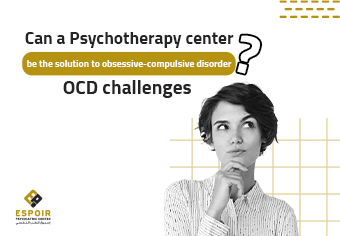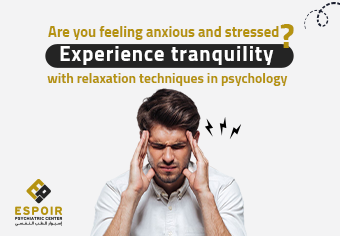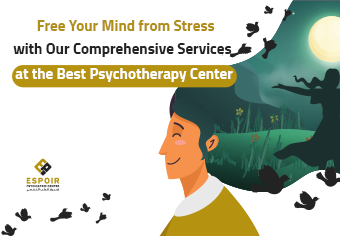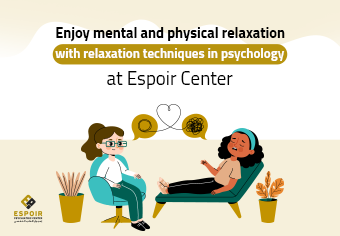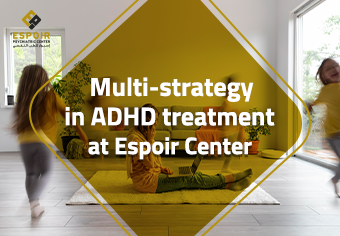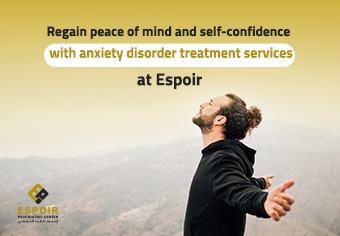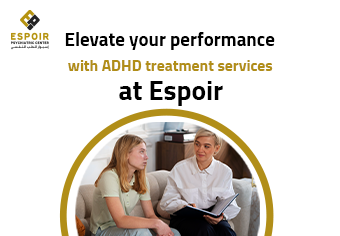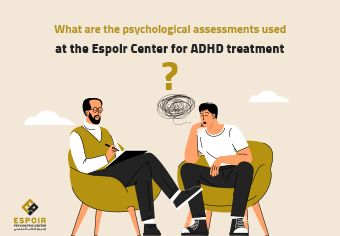
Attention Deficit Hyperactivity Disorder (ADHD) is a neurodevelopmental disorder characterized by persistent patterns of inattention, hyperactivity, and impulsivity that interfere with daily functioning. This disorder can significantly impact various aspects of life, including academic performance, productivity at work, and social relationships. Individuals with ADHD often struggle to maintain focus, stay organized, and control impulses, leading to difficulties in completing tasks and fulfilling their responsibilities. This can result in frustration and pressure for the individual and those around them. However, effective treatments are available. ADHD treatment may include stimulant and non-stimulant medications, behavioral therapy techniques, and lifestyle modifications. Individuals can be taught coping strategies and organizational skills to better manage symptoms. Additionally, adopting healthy lifestyle habits can also contribute to symptom management.
Understanding ADHD treatment: Symptoms and Daily Impacts:
Symptoms of ADHD include difficulty maintaining focus on tasks, maintaining attention to detail, and being easily distracted. Hyperactivity symptoms manifest as excessive movement, restlessness, and difficulty staying seated. Impulsivity may lead to making quick decisions, interrupting others, and difficulty waiting for turns. These symptoms can have significant daily impacts across various areas of life. In academic settings, individuals with ADHD may struggle to complete assignments, follow instructions, and maintain attention during lectures. In the workplace, difficulties in organization and time management may lead to missed deadlines and reduced productivity. In social situations, impulsivity and hyperactivity can affect relationships and personal interactions. Understanding the symptoms and daily impacts is crucial in ADHD treatment and effective management and support. By recognizing these challenges, individuals with ADHD can seek appropriate interventions, such as medication, therapy, and behavioral strategies, to improve their daily functioning and overall quality of life.
ADHD Treatment Options:
In the ADHD treatment, several options are available to help manage symptoms and improve daily functioning and overall quality of life. These options include:
- Medication:
Medication is a common treatment option for ADHD. Stimulant medications, such as methylphenidate (e.g., Ritalin) and amphetamines (e.g., Adderall), are often prescribed to help improve attention, reduce hyperactivity, and control impulsivity. Non-stimulant medications like atomoxetine (Strattera) and guanfacine (Intuniv) may also be used, particularly for individuals who do not respond well to stimulants or have certain medical conditions that prevent their use.
- Behavioral Therapy:
Behavioral therapy is another important aspect of ADHD treatment. Behavioral therapy techniques aim to teach individuals with ADHD specific strategies for managing their symptoms. This may include teaching organizational skills, improving time management, and developing coping mechanisms for impulsivity and inattention. Cognitive-behavioral therapy (CBT) is a commonly used form of behavioral therapy for ADHD.
- Lifestyle Modifications:
Lifestyle modifications can also play a significant role in managing ADHD symptoms. Studies have shown that regular exercise can improve attention and reduce hyperactivity in individuals with ADHD. Establishing a regular routine, minimizing distractions, and creating an organized environment can also help individuals with ADHD better manage their symptoms. This may require the assistance of a mental health professional or a psychological treatment center.
“ESPOIR”… Leading the Way in ADHD Treatment:
ESPOIR stands out as a premier center for ADHD treatment, renowned for its quality, commitment, reliability, and affordability. With a specialized team of professional in treating ADHD, ESPOIR ensures that individuals receive comprehensive and personalized care tailored to their unique needs. Quality is at the core of ESPOIR’s work, with a focus on evidence-based practices and the latest advancements in treating hyperactivity and inattention. The center’s multidisciplinary approach integrates medication management, behavioral therapy, and lifestyle modifications to enhance outcomes for patients. Additionally, the center places great importance on affordability, offering competitive pricing options to ensure access for all individuals seeking treatment for ADHD. ESPOIR believes that quality care is not a luxury but a right for everyone.
In conclusion,
As a distinguished center in ADHD treatment, ESPOIR provides a comprehensive range of services that reflect its commitment to achieving the highest standards of quality and specialized care. By offering reliable and effective services, our team strives diligently to support and assist individuals affected by ADHD throughout their journey towards recovery and improvement. With this dedication and commitment, we hope that our article has shed light on the significant importance of providing appropriate support for those suffering from this disorder, and that it inspires affected individuals to seek the appropriate treatment and achieve better outcomes in their lives.




